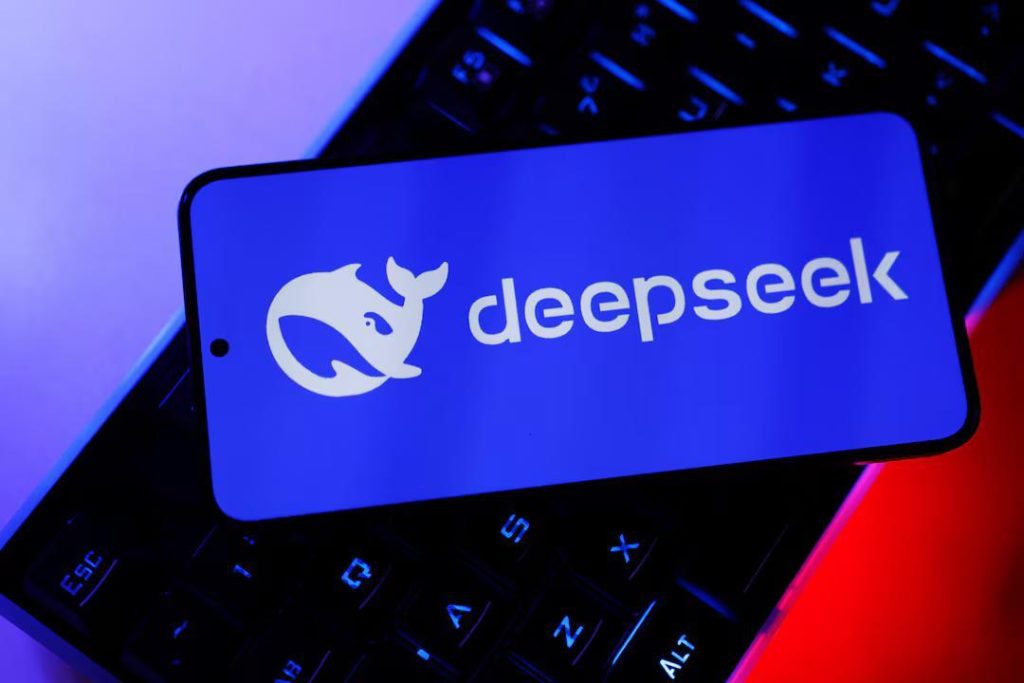
Italy Opens Probe into AI Firm DeepSeek over Hallucination Risks
In a move aimed at ensuring transparency and accountability in the use of artificial intelligence (AI) technology, Italy’s antitrust body has launched an investigation into Chinese AI firm DeepSeek over allegations that it failed to warn users about the risk of “hallucinations” in its AI-produced content.
Hallucinations, in this context, refer to situations where the AI model generates inaccurate, misleading, or fabricated information in response to user inputs. This is a critical concern, as it has the potential to mislead users, damage reputations, and undermine the trust in AI-driven technologies.
According to reports, DeepSeek, which has gained significant traction in recent years for its AI-powered content generation capabilities, has been accused of violating Italy’s transparency law. The company’s failure to adequately inform users about the potential risks associated with its AI-generated content has raised concerns among regulators and experts.
Under Italy’s transparency law, companies are required to provide users with clear information about the sources of the content they generate, as well as any potential biases or limitations. DeepSeek’s alleged failure to comply with these regulations has prompted the Italian antitrust body to launch an investigation into the company’s practices.
The investigation is expected to be a thorough and comprehensive one, with the antitrust body reviewing DeepSeek’s business practices, reviewing user complaints, and analyzing the company’s internal policies and procedures. If the allegations against DeepSeek are found to be true, the company could face significant penalties, including fines of up to €20 million or 4% of its global annual turnover.
This development is significant not only for DeepSeek but also for the broader AI industry. It highlights the need for companies to prioritize transparency, accountability, and user protection as they develop and deploy AI-powered technologies.
The use of AI-generated content has become increasingly popular in recent years, with many companies using AI to generate content, such as articles, videos, and social media posts. While AI-generated content can be highly effective in terms of speed and cost, it also raises concerns about accuracy, bias, and the potential for misinformation.
The importance of transparency in AI-generated content cannot be overstated. Without transparency, users may not be aware of the sources of the content they are consuming, which can lead to the spread of misinformation and the erosion of trust in AI-driven technologies.
In recent years, there have been several high-profile cases of AI-generated content being used to spread misinformation. For example, in 2020, a study found that AI-generated content was being used to spread false information about COVID-19 on social media platforms. Similarly, in 2022, a report by the International Fact-Checking Network found that AI-generated content was being used to spread misinformation about the 2020 US presidential election.
DeepSeek’s alleged failure to warn users about the risk of hallucinations in its AI-generated content is a concerning development that highlights the need for companies to prioritize transparency and accountability in their use of AI technology.
The investigation into DeepSeek’s practices is likely to have far-reaching implications for the AI industry. It will send a clear message to companies that regulators will not tolerate violations of transparency laws and that they must prioritize user protection and accountability in their use of AI technology.
In conclusion, the investigation into DeepSeek’s alleged failure to warn users about the risk of hallucinations in its AI-generated content is a significant development that highlights the need for companies to prioritize transparency and accountability in their use of AI technology. The use of AI-generated content has the potential to be highly effective, but it also raises concerns about accuracy, bias, and the potential for misinformation. By prioritizing transparency and accountability, companies can help to build trust in AI-driven technologies and ensure that they are used in a responsible and ethical manner.
Source:
https://www.reuters.com/world/china/italy-regulator-opens-probe-into-chinas-deepseek-2025-06-16/





